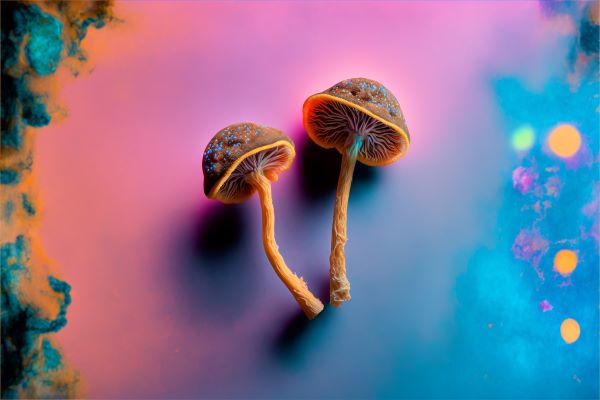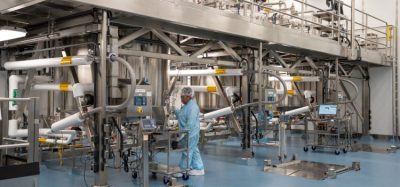Psilocybin-assisted therapy reduces depressive symptoms in cancer patients
Posted: 18 December 2023 | Caroline Peachey (European Pharmaceutical Review) | No comments yet
Results from a Phase II clinical trial indicate that psilocybin-assisted therapy could benefit individuals with cancer and major depression.


Findings from a small Phase II clinical trial indicate that psilocybin, a hallucinogenic chemical found in certain mushrooms of the genus Psiloybe, may benefit individuals with cancer and major depression.
The open-label trial involved 30 adults with cancer and major depression and was conducted by Sunstone Therapies in Rockville, Maryland. The participants each received a single 25mg dose of synthesised psilocybin, a one-to-one session with a therapist and group therapy support.
Participants involved in the trial had moderate to severe depression scores at baseline. After eight weeks of treatment, patients’ depression severity scores dropped by an average of 19.1 points, a magnitude that would indicate the majority no longer experienced depression.
Furthermore, 80 percent of participants experienced a sustained response to treatment, and half showed full remission of depressive symptoms after one week, which was sustained for eight weeks. Treatment-related side effects included nausea and headache but were generally mild.
“As an oncologist for many years, I experienced the frustration of not being able to provide cancer care that treats the whole person, not just the tumour,” commented Manish Agrawal, MD, of Sunstone Therapies and lead author of the study.
“This was a small, open-label study and more research needs to be done, but the potential is significant and could have implications for helping millions of patients with cancer who are also struggling with the severe psychological impact of the disease.”
More research needs to be done, but the potential is significant and could have implications for helping millions of patients with cancer”
Additional studies into the use of psilocybin-assisted therapy should include larger numbers of patients, along with a control arm to compare its effects with other treatments or placebo.
A second study led by Yvan Beaussant from the Dana-Farber Cancer Institute that gathered input from patients in the trial during exit interviews. Participants described generally positive experiences. In terms of safety, they noted that being a part of the group calmed their fears and increased their sense of preparedness to engage in therapy.
Findings from both studies published in CANCER, a peer-reviewed journal of the American Cancer Society.
Psilocybin-assisted therapy
Psilocybin-assisted therapy combines psilocybin with psychological support from trained therapists.
Classified as a Schedule I drug — defined as having no accepted medical use and a high potential for abuse — psilocybin is currently not approved by the US Food and Drug Administration (FDA) for clinical use. However, in a publication of draft guidelines earlier this year, FDA outlined recommendations on clinical development of psychedelic drugs.
Multiple randomised controlled trials have demonstrated the safety and potential efficacy of psilocybin-assisted therapy to treat major depressive disorder.
Psilocybin works by binding to a specific subtype of serotonin receptor in the brain, which can cause alterations to mood, cognition, and perception.
Psilocybin-assisted therapy is being researched for various mental health conditions, including anxiety, addiction, and post-traumatic stress disorder.
Related topics
Clinical Development, Clinical Trials, Drug Development, Research & Development (R&D), Therapeutics









